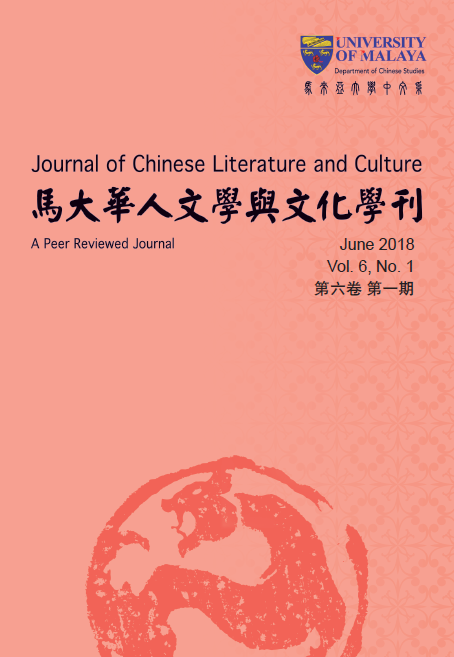Urban Tsunami dalam PRU ke-13: Analisis Pola Pengundian Masyarakat Cina Malaysia (Urban Tsunami in GE-13: Analysis on the Voting Patterns of Malaysian Chinese Voters)
Main Article Content
Abstract
Abstrak
PRU ke-13 yang dinanti-nantikan itu telah berakhir dengan keputusan yang tidak dapat memuaskan BN dan PR. Meskipun kedua-dua pakatan yang bertanding dengan sengit itu tidak mampu mencapai harapan mereka, namun PRU 2013 mencatatkan beberapa perkembangan dan perubahan yang penting dalam mempengaruhi percaturan politik Malaysia. Antaranya pola pengundian orang Cina sekali lagi mengundang pelbagai reaksi
daripada pemimpin-pemimpin politik Malaysia. Gelagat pengundi-pengundi Cina yang dikatakan cenderung mengamalkan “pendulum swing” didapati tidak berlaku dalam PRU ke-13. Keputusan menunjukkan gelombang perubahan yang terbentuk dalam masyarakat Cina melalui tsunami politik 2008 terus mengekalkan momentum dalam PRU 2013. Penyelidik ini menggunakan kaedah analisis kandungan untuk meneliti data-data PRU. Hasil kajian ini menunjukkan orang Cina memang mendahagakan perubahan agar sistem politik dan pentadbiran negara menjadi lebih sempurna. Hasrat mereka ialah merealisasikan sistem dua barisan. PR memanfaatkan keadaan ini dengan menyuntik dan menyemarakkan
sentimen “ubah” di kalangan pengundi Cina. Analisis ke atas pola pengundian kaum Cina dalam PRU ke-13 memperlihatkan beberapa ciri unik yang menandakan angin perubahan dalam komuniti Cina. Angin perubahan ini mempengaruhi komuniti Cina di seluruh negara. Para pengundi Cina didapati mengundi ikut pakatan politik dan pilihan mereka ialah PR. Penyertaan dan mobilisasi orang Cina dalam PRU 2013 mencatatkan satu kadar
yang amat tinggi.
Abstract
GE-13 is a much anticipated general election but its result brought disappointment to both BN and PR. Although both coalitions are in intense contestation and they failed to achieve the desired result, but the election in 2013 recorded a number of important developments and ramifications that affect the politics in Malaysia. Among the salient development is the voting patterns of the Chinese once again drew various reactions from the political leaders of Malaysia. The voting behaviour of the Chinese voters who normally adopt a “pendulum swing” in their voting pattern did not occur in the 13th general election. The election result showed that the wave of change in Chinese society which precipitated in the 2008 political tsunami continues to maintain its momentum in GE-13. This researcher employs content analysis method to analyze and compare the data of election. The findings of this research paper show the Chinese voters are willing in changing the country’s political and administrative system in order to make it more perfect. Their intention is to consolidate the two coalition system. PR benefited from this situation by injecting and igniting the sentiment of “change” among the Chinese community. An analysis of the voting patterns of the Chinese in the 13th general election shows some unique characteristics that indicate a tectonic change in the Chinese community. The winds of change are affecting the Chinese community across the country. The Chinese appears to vote for party and their choice is PR. Participation and mobilization of the Chinese in the election in 2013 recorded an unusually high degree.
